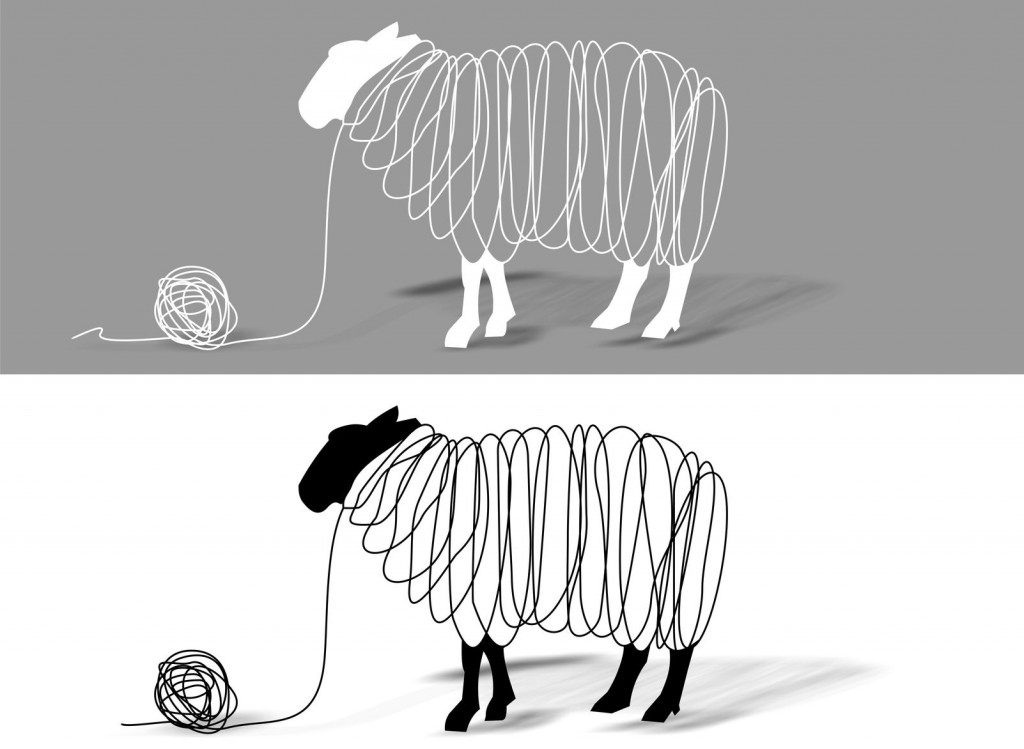Saying screw it to eight hours of sleep and staying up all night is cute at twenty-two. But that usually involves a night of never-ending parties and after parties (and the hotel lobby). And making those decisions to sacrifice sleep in lieu of rewarding memories and stories sure to fuel you through old age was fun.
Fast-forward five years and staying up all night isn’t an adventure, it’s torture.
Wanting to go to sleep but not being able to is one of the most frustrating feelings. When counting sheep won’t help you get your z’s and you start to feel like Edward Norton’s character from Fight Club (only the beginning-if you feel like his character at the end of the film you have a whole other set of issues we can’t deal with in this article) you have insomnia. But what exactly is insomnia and what causes it?
Insomnia is a sleep disorder characterized by the inability to fall asleep or stay asleep. There are two types of insomnia: primary and secondary insomnia. Primary insomnia is insomnia experienced by a patient that doesn’t have an underlying health condition. Secondary insomnia is where the patient does have a health condition, and insomnia is a symptom. Here are a few symptoms of insomnia according to The National Sleep Foundation:
– Difficulty falling asleep
– Waking up frequently during the night
– Difficulty returning to sleep
– Unrefreshing sleep
– Difficulty concentrating
Some of the biggest contributing factors to primary insomnia are stress, use of alcohol, nicotine, or stimulants, hormone shifts (menstruation & menopause), and poor sleep hygiene. If none of these are factors seeing a doctor is the next step. It’s easy to run to pop a sleeping pill to get a full night of sleep but here are some things to try:
1) Use your bed for sleep ONLY (well one other thing but don’t watch TV or work from there).
2) Make sure all of the lights are off- this includes the light on your computer or smart phone.
3) Relax and don’t have any outside stimuli from TV or the internet thirty minutes prior to bed.
4) Meditate before bed to release any stress you have from the day.
If none of these help you can consult a doctor or sleep specialist. Getting too little sleep can be dangerous for you and those around you. And really the world doesn’t need another Tyler Durden.
Am I right?

















